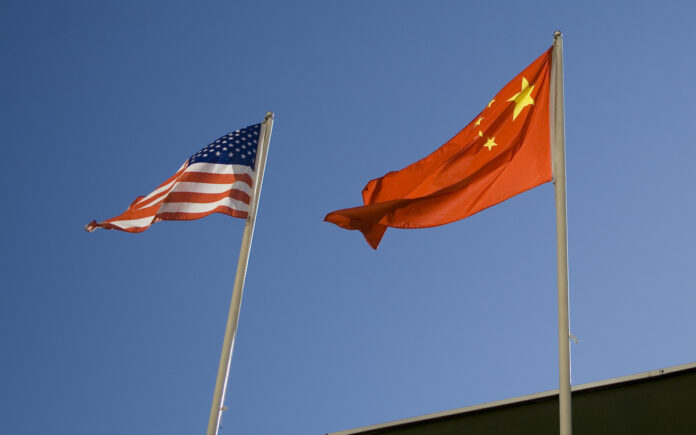Washington: The U.S. Commerce Department is expected to propose a ban on Chinese software and hardware in connected and autonomous vehicles on American roads, citing national security risks, two sources revealed, as reported by the international news agency Reuters. The regulation is set to be introduced on Monday.
Concerns have grown within the Biden administration about Chinese companies potentially collecting sensitive data on U.S. drivers and infrastructure, as well as the risk of foreign manipulation of vehicles connected to the internet and navigation systems.
According to sources, the proposed rule would prohibit the import and sale of vehicles from China that include key communications or automated driving system software or hardware. The two sources requested anonymity as the information has not yet been publicly disclosed.
This move represents a significant escalation in U.S. restrictions on Chinese-made vehicles, software, and components. Just last week, the Biden administration confirmed the imposition of steep tariff hikes on Chinese imports, including a 100% duty on electric vehicles and increased tariffs on EV batteries and key minerals.
Commerce Secretary Gina Raimondo emphasized the potential risks in May, stating: “You can imagine the most catastrophic outcome theoretically if you had a couple million cars on the road and the software were disabled.”
President Joe Biden had already ordered an investigation in February to determine whether Chinese vehicle imports pose a national security threat, particularly due to the use of connected-car technology. He warned, “China’s policies could flood our market with its vehicles, posing risks to our national security… I’m not going to let that happen on my watch.”
The Commerce Department plans to offer a 30-day public comment period before finalizing the rule. Nearly all modern vehicles on U.S. roads are considered “connected,” meaning they have network hardware that allows internet access and the ability to share data with external devices.
The proposed ban will likely take effect in stages. Prohibitions on software in connected vehicles are set to begin with the 2027 model year, while restrictions on hardware would take effect in January 2029 or with the 2030 model year. The ban could extend to vehicles equipped with certain Bluetooth, satellite, and wireless features, as well as highly autonomous vehicles capable of operating without a driver.
A bipartisan group of U.S. lawmakers had previously raised concerns in November over Chinese auto and tech companies testing autonomous vehicles in the U.S. and the potential for collecting sensitive data. According to sources, the prohibitions could also apply to vehicles from other adversarial nations, including Russia.
Also Read | US Ramps Up Defense Near Alaska as Russian and Chinese Forces Move In
Representatives of major automakers, such as General Motors, Toyota, Volkswagen, and Hyundai, have expressed concerns about the complexity of modifying hardware and software systems. They noted that their systems undergo extensive pre-production engineering and testing processes, and switching components from different suppliers cannot be done quickly.
The Commerce Department declined to comment on Saturday. Earlier in August, Reuters reported details of the plan targeting Chinese-made vehicles on U.S. roads, although few light-duty vehicles from China are currently imported into the U.S.
Also Read | Press Freedom Under Threat: Israel Closes Al Jazeera’s West Bank Bureau for 45 Days
Last Thursday, the White House signed off on the final proposal, which is aimed at ensuring the security of the supply chain for U.S. connected vehicles. However, the rule will not apply to vehicles used in agriculture or mining, sources added.
President Biden previously highlighted that most cars today are essentially “smartphones on wheels,” connected to phones, navigation systems, critical infrastructure, and the manufacturers themselves.



